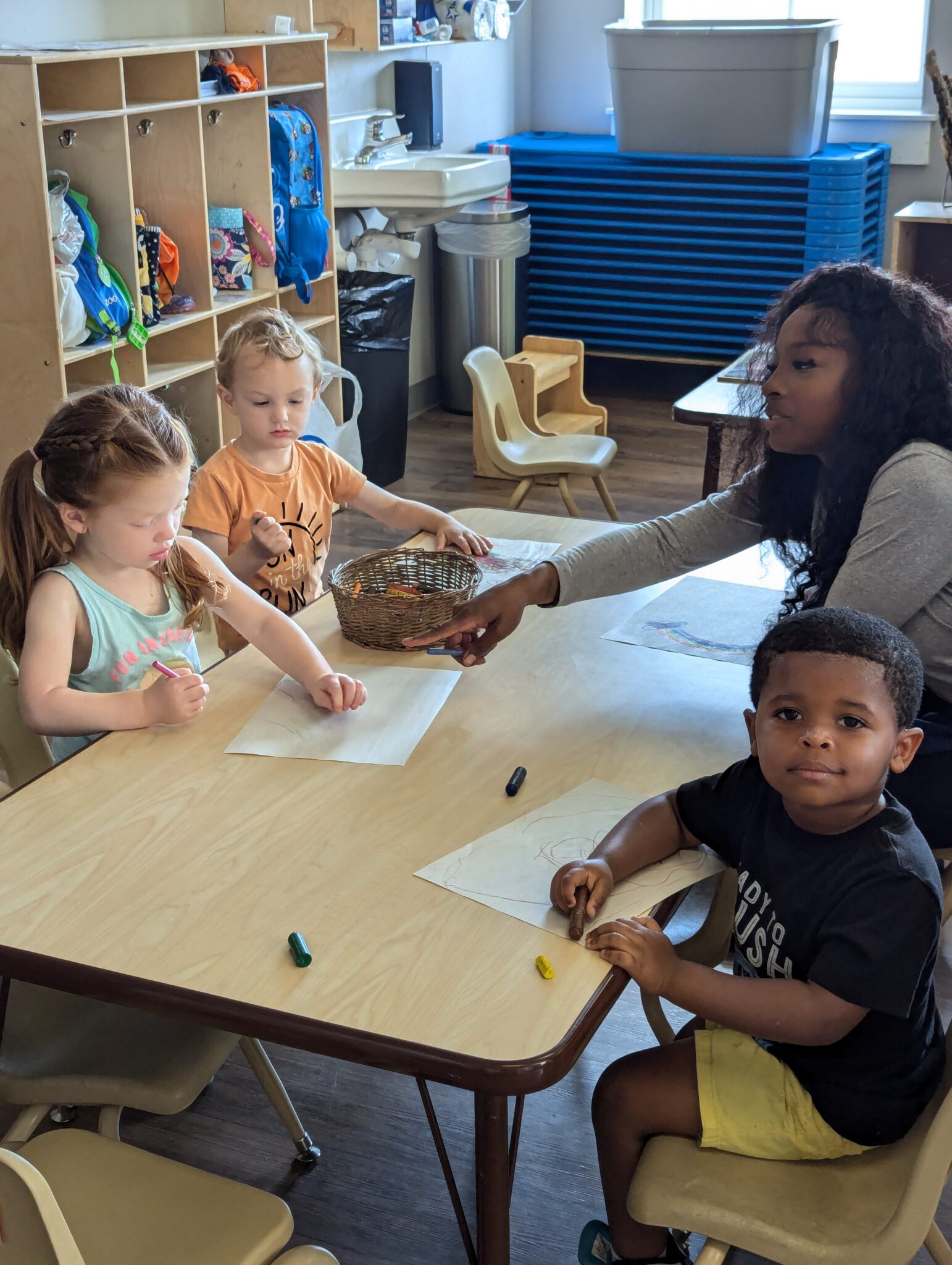
"Positive Discipline has taught me that like myself sometimes kids need to just be with their feelings."
By April Manning
Some people are criers. Some are yellers. Some go silent. Some go for a run. Whatever it is, we all have ways of expressing our feelings and coping with the ups and downs of life. I am a crier. When I am mad, I cry. When I am sad, I cry. When I am scared, I cry. It is my go-to emotional release. And when I am crying, the last thing I want to hear from someone is “Don’t cry,” or “It will be OK,” or “You shouldn’t get so upset!” I just need to be in my feelings for a bit. I know it will pass. I know I am likely more upset than the situation calls for. But that is how I am feeling at that moment and I just need to feel it. Yet, when my own kids were little and crying, I heard myself saying things like “Shhhhhh! Don’t cry!” “Get up! You are OK!” and “You don’t need to get upset!” What? Why on Earth would I say that? I said that because as a parent, I felt the need to try to fix it. Sometimes, it was out of my deep love for them that I wanted to rescue them from any negative feelings and make it all better. Other times, if I am honest with myself, it was an effort to talk them out of their feelings because dealing with their big feelings was overwhelming for me at the moment. Positive Discipline has taught me that like myself (and all of you, I am guessing, too, right?) sometimes kids need to just be with their feelings. My job is not to rescue them from the feelings, but to help them be with the feelings. I try not to let myself get overwhelmed by their emotions. I step back now and take a deep breath, and I remind myself that I am safe and I can handle this. This self-talk is an essential first step for me. Remember, I am a crier, so I first have to make sure that I am in control of me before I can help the child because if not, I will soon be crying with them! Once I am sure that I am in control, I validate the child’s feelings by naming and describing the best I can: “I see your face is all red and your hands are in tight fists. You are so angry.” “She took that toy from you and you really wanted to play with it. You are feeling so sad.” “It’s hard when you don’t want to go and we have to leave. You are throwing your toys because you feel so upset.” And here is the really hard part: I just stay with the child and let them feel the feelings. I tell them (and remind myself) that “big feelings can be hard and scary, but they don’t last forever and you will feel better. I will stay with you while you have your big feelings.” And as Ms. Jordan so beautifully taught us, sometimes I ask, “Would a hug help?” April Manning is the Director of the St. Joe’s Child Development Center. Become a subscriber for more parenting hacks.
